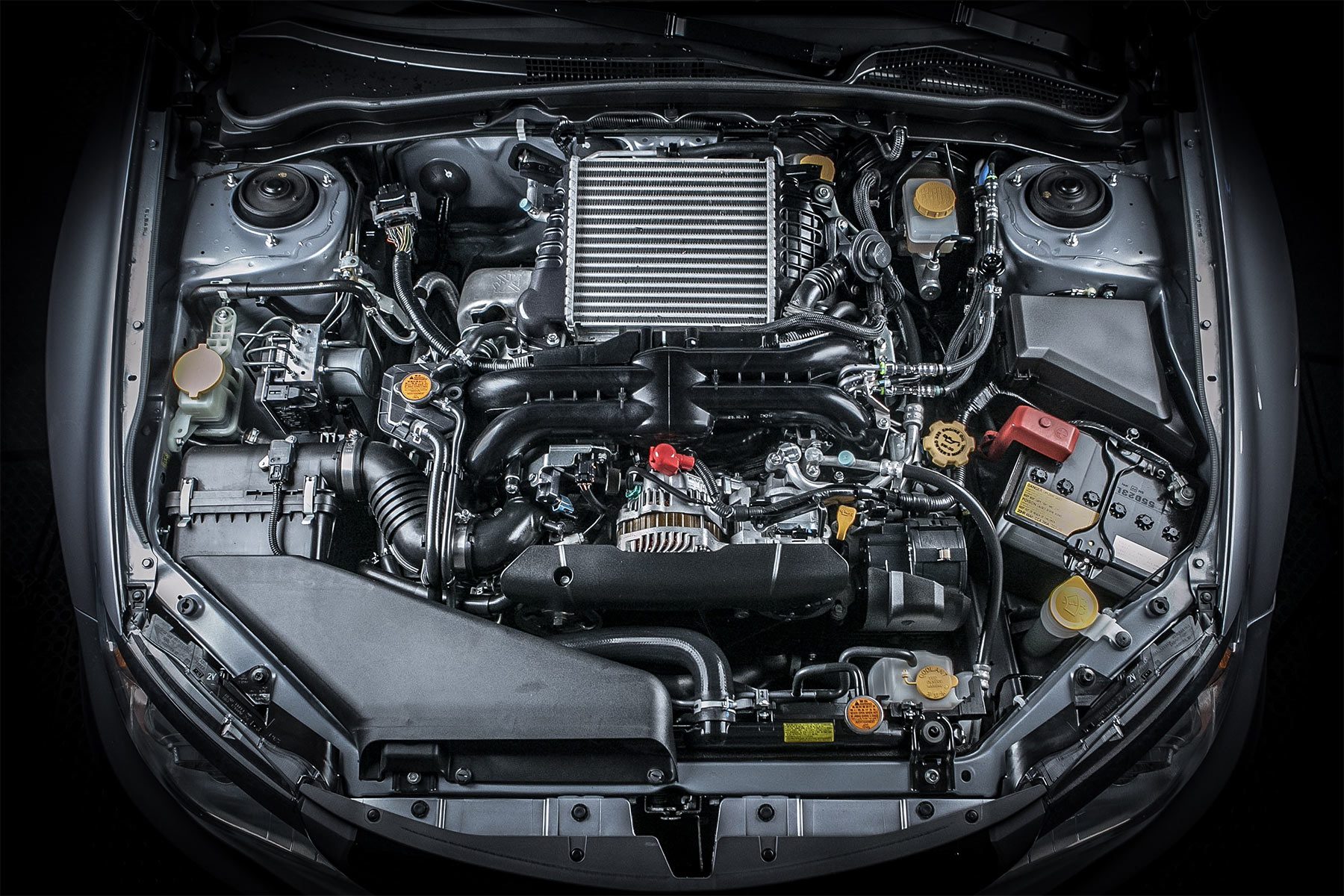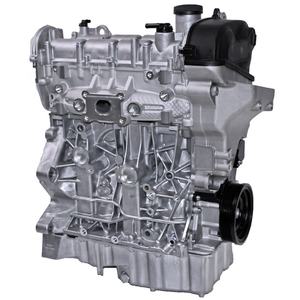An Extensive Contrast of Different Kinds of Import Engines and Their Applications in Numerous Automobiles
From the effectiveness of turbocharged engines to the environmental friendliness of electrical powertrains, the spectrum of import engines available in today's market provides to a broad range of driving needs and choices. Whether it's the torque of a diesel engine or the unique design of a rotating engine, comprehending the nuances of each kind and exactly how they align with details automobile requirements can significantly influence efficiency, fuel economy, and general driving experience.
Turbocharged Engines
Turbocharged engines, known for their capacity to improve power result effectively, have actually ended up being increasingly widespread in modern lorry styles. By making use of exhaust gases to drive a wind turbine that presses incoming air into the engine, turbochargers efficiently raise the amount of air and gas blend that can be combusted, causing improved performance without substantially increasing engine dimension. This modern technology enables makers to scale down engines, resulting in far better gas effectiveness while keeping power levels similar to bigger, normally aspirated engines.

Hybrid Engines
With the developments in engine innovation assisting in improved performance and effectiveness, the automobile industry has actually seen a surge in the assimilation of crossbreed engines as a sustainable service for power delivery. Crossbreed engines incorporate the benefits of both internal combustion engines and electrical motors to supply enhanced fuel performance and minimized discharges. By perfectly switching in between the 2 source of power or using them all at once, hybrid engines use convenience in different driving conditions.

Additionally, hybrid technology is not restricted to a specific automobile type, with applications ranging from small sedans to bigger SUVs and even high-performance sporting activities cars and trucks. As environmental problems and fuel effectiveness policies come to be progressively noticeable, hybrid engines represent a substantial step towards lasting transportation options.
Electric Engines
Electric engines have reinvented the automotive market with their environmentally-friendly and efficient power shipment systems. import engines. These engines run by converting electric energy right into mechanical energy, using a quiet and smooth driving experience. Unlike standard burning engines, electric engines generate absolutely no tailpipe discharges, minimizing the total carbon footprint of cars and assisting fight air pollution
One of the essential benefits of electric engines is their high power performance, usually converting over 80% of the electrical energy right into propulsion. This performance translates into cost savings for customers through reduced fuel costs. Furthermore, electrical engines call for much less upkeep contrasted to inner burning engines, as they have less relocating components that can break gradually.
Electric engines are frequently made use of in electrical automobiles (EVs) and hybrid electric cars (HEVs) On the other hand, HEVs combine electrical engines with standard interior combustion engines to optimize gas effectiveness and decrease exhausts.
Diesel Engines
Diesel engines are renowned for their remarkable fuel performance and robust efficiency in a range of vehicle applications. These engines operate by compressing air in the cyndrical tubes, which brings about high temperatures that fire up the infused diesel fuel without the requirement for trigger plugs. This combustion technique supplies diesel motor with greater torque outcomes contrasted to gasoline engines, making them excellent for durable vehicles like trucks, buses, and construction devices.
One of the essential advantages of diesel engines is their superior fuel efficiency, as they can take a trip further on a gallon of gas contrasted to gas engines. This effectiveness is especially helpful for long-haul transport and business fleets, where lowering gas expenses is a considerable aspect. Furthermore, diesel engines are known for their resilience and durability, requiring less upkeep over their life-span compared to gasoline engines.
In the last few years, innovations in diesel motor innovation have additionally concentrated on lowering exhausts to satisfy strict environmental laws. Modern diesel motor are geared up with advanced emissions regulate systems, such as diesel particulate filters and selective catalytic decrease, which assist reduce pollutants launched right into the atmosphere - import engines. These growths have made diesel motors cleaner and a lot more eco-friendly while maintaining their efficiency and efficiency features
Rotating Engines
Popular for their unique layout and performance features, additional resources rotary engines supply an unique choice to conventional combustion engine technologies like diesel motor. These engines, also recognized as Wankel engines, operate on a various principle contrasted to conventional piston engines. Rather of using pistons relocating up and down in Your Domain Name cyndrical tubes, rotary engines use a triangular blades that revolves in an epitrochoidal course within a chamber. This layout results in a portable engine with high power outcome loved one to its dimension and weight.

Conclusion
In conclusion, the contrast of various types of import engines highlights the diversity of alternatives readily available for different cars. Turbocharged engines offer raised power and performance, hybrid engines combine electrical and typical power sources for improved gas economic climate, electric engines give a tidy and sustainable choice, diesel engines review are known for their durability and torque, and rotating engines provide an unique layout with potential for high efficiency. Each engine type has its very own staminas and applications in the auto market.
Furthermore, hybrid engines contribute to a quieter driving experience and usually offer a smoother velocity compared to typical interior burning engines.
Distinguished for their distinct layout and performance attributes, rotary engines use a distinctive option to typical combustion engine innovations like diesel engines. These engines, also understood as Wankel engines, run on a different concept contrasted to traditional piston engines. Regardless of these limitations, rotary engines proceed to attract lovers and suppliers looking for a various engine technology with unique benefits.
Turbocharged engines offer enhanced power and effectiveness, crossbreed engines combine electrical and traditional power sources for enhanced gas economic situation, electric engines offer a clean and sustainable option, diesel engines are understood for their resilience and torque, and rotary engines use an one-of-a-kind layout with potential for high performance.